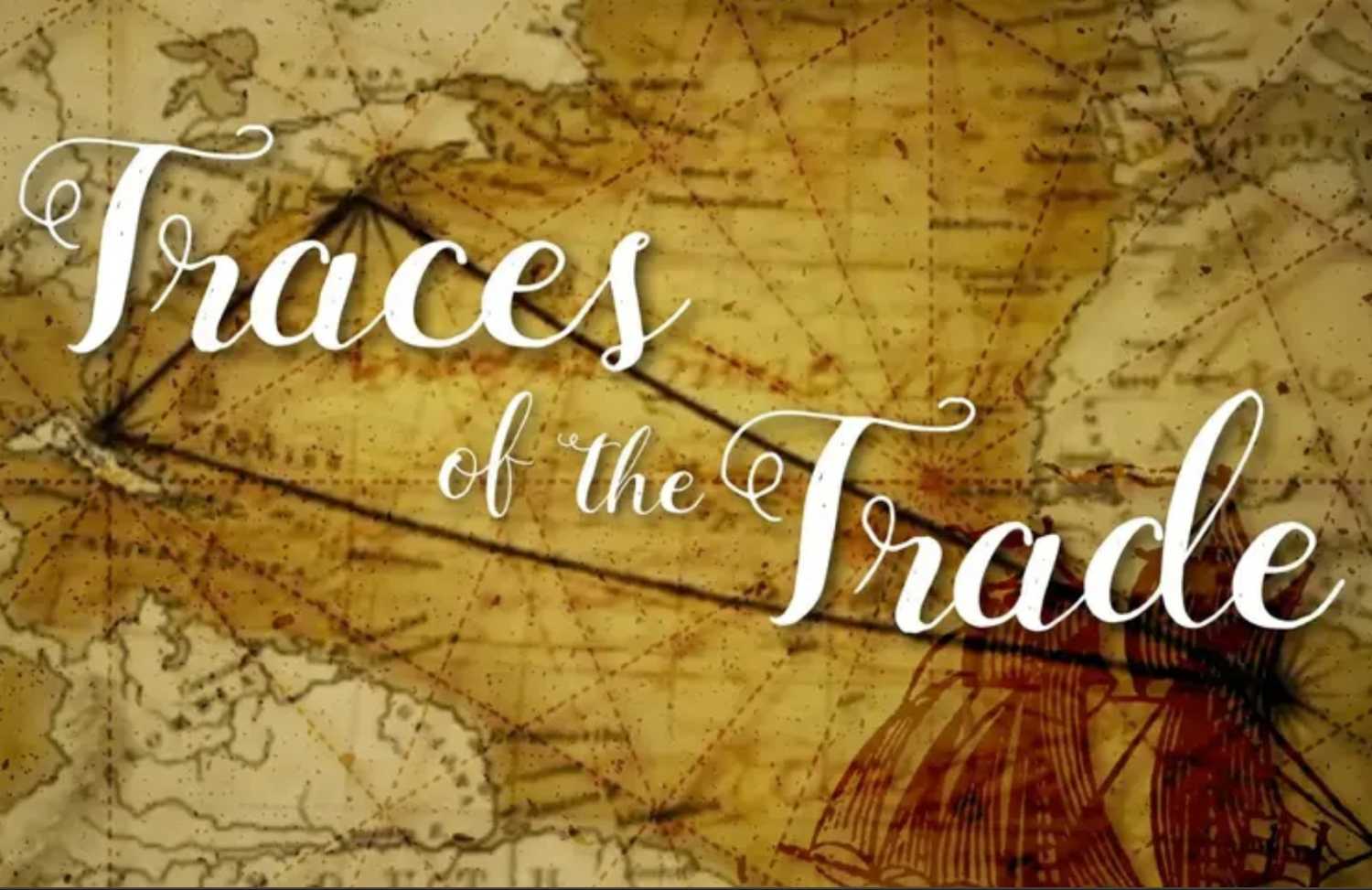Traces of the Trade
A documentary film about the largest slave-trading family in U.S. history

TITLE: Traces of the Trade
FILMMAKER: Katrina Browne
SOURCE: Narrative summary generated by Google AI
PERMISSION TO PUBLISH: Film trailer: fair use; narrative summary: “Copyright…does not extend to works generated solely by AI.” ("Artificial Intelligence Impacts on Copyright Law,” https://www.rand.org/pubs/perspectives/PEA3243-1.htmlaccessed 10/26/25)
Traces of the Trade is a documentary about the DeWolf family, the largest slave-trading family in U.S. history, and their journey to confront their family's legacy. Filmmaker Katrina Browne and nine relatives retrace the Triangle Trade route, traveling from their hometown of Bristol, Rhode Island, to slave forts in Ghana, and to family-owned plantation ruins in Cuba. The film explores the vast extent of Northern complicity in the slave trade and raises questions about racial divides and reparations.
Key themes and findings
- Northern complicity:
The film highlights how Northern involvement in the slave trade was extensive and fundamental to the economy, a fact often overlooked in favor of focusing on the South. It shows how businesses like banks, shipbuilders, and rum distilleries profited from the trade, along with those who grew cotton for Northern mills.
- Confronting privilege:
Browne and her family grapple with the inheritance of white privilege and the need for healing and transformation, both personally and on a national level.
- Modern relevance:
The documentary connects the historical facts to contemporary issues, prompting discussions on race relations and reparations.
- Family dynamics:
The film captures the complex emotional experience of the relatives as they navigate their shared, yet often buried, family history.